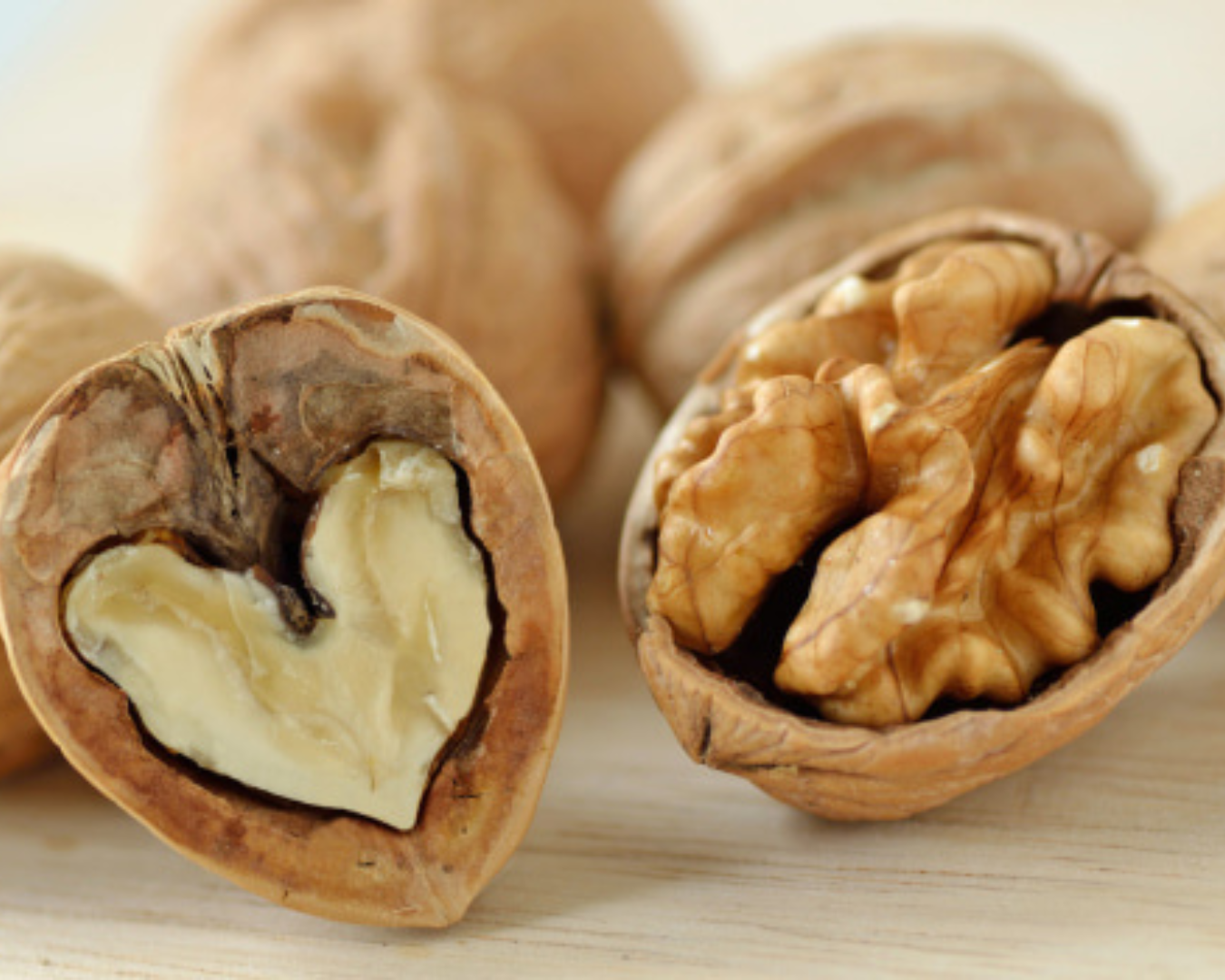From Native Harvests to Modern Delicacies: Tracing the History of Pecans in America
Embark on a captivating journey through the history of pecans in America, from their indigenous origins to their current status as a cherished ingredient in American cuisine. This article will explore the rich heritage of pecans, examining their cultivation, trade, and cultural significance over the centuries. We will delve into the fascinating story of how this humble nut has become an integral part of the American culinary landscape, beloved by generations of food enthusiasts.
Indigenous Roots
- Pecans have deep indigenous roots in North America, where Native American tribes harvested and enjoyed them for generations.
- Long before the arrival of European settlers, indigenous communities recognized the value and versatility of pecans.
- Prized for their delicious taste and nutritional value, pecans were an essential part of indigenous diets and cultural practices.
- The nuts were not only consumed as a food source but also used in traditional medicines and ceremonies.
- Native Americans would gather pecans from wild groves, often near rivers and streams, and incorporate them into various dishes, from savory stews to sweet treats.
Early European settlers quickly recognized the worth of pecans, incorporating them into their own culinary traditions and trade networks. As contact between indigenous tribes and European settlers increased, the knowledge and appreciation of pecans spread. Settlers learned from Native American practices and began cultivating pecan trees in their own settlements. The hardy nature of pecan trees, combined with their ability to thrive in diverse climates, made them an attractive crop for farmers and horticulturists.
Cultivation and Trade
As European settlement expanded across America, so did the cultivation of pecans. Southern states, particularly, gained renown for their extensive pecan orchards, where the nuts were grown for both domestic consumption and export. States like Texas, Georgia, and New Mexico became major centers of pecan production, with vast groves stretching across the landscape. The warm, sunny climate and fertile soils of these regions proved ideal for pecan cultivation, allowing the industry to flourish.
Pecans rapidly became a valuable commodity, traded and sold in markets throughout the country and internationally. As demand for pecans grew, so did the ingenuity of farmers and entrepreneurs. New techniques for planting, grafting, and harvesting were developed, leading to improved yields and quality. Pecan growers formed cooperatives and associations to share knowledge, promote their products, and advocate for the industry. The rise of transportation networks, including railroads and shipping routes, facilitated the distribution of pecans far and wide, making them accessible to consumers across the nation and beyond.
The pecan industry thrived, with advancements in cultivation techniques and harvesting methods leading to increased yields and quality. Scientific research played a crucial role in the development of the pecan industry, with studies focusing on tree genetics, pest control, and optimal growing conditions. New varieties of pecans were developed, each with unique characteristics and flavors, catering to the diverse preferences of consumers. Today, the United States remains the world's largest producer of pecans, with an annual harvest of millions of pounds, contributing significantly to the economy and culinary heritage.
Cultural Significance
Throughout American history, pecans have held a special place in the hearts and kitchens of people from diverse backgrounds. From pecan pies at Thanksgiving feasts to pecan-studded desserts and snacks enjoyed all year, pecans have become an integral part of American culinary tradition. Pecan pie, in particular, has become an iconic American dessert, gracing tables from coast to coast. Its rich, buttery filling and flaky crust have made it a beloved staple at holiday gatherings, family reunions, and special occasions.
Pecans also feature prominently in folklore and literature, symbolizing abundance, prosperity, and the bounties of nature. In the American South, pecans are often associated with hospitality and warmth, with pecan trees gracing the grounds of stately homes and public spaces. The image of a majestic pecan tree, its branches laden with nuts, has become a symbol of the region's culinary and cultural identity.
Beyond their culinary uses, pecans have also found their way into various aspects of American culture:
- Artisanal crafts
- Industrial uses
- Pecan wood used in furniture making, flooring, and smoking meats
- Pecan shells utilized in landscaping mulch and industrial abrasives
As America has evolved and diversified, so too has the role of pecans in its culinary landscape. Today, pecans are enjoyed in a wide array of dishes, from traditional Southern recipes to innovative fusion cuisine. Chefs and home cooks alike continue to find new and creative ways to incorporate pecans into their creations, showcasing their versatility and timeless appeal. Pecan-crusted fish, pecan-studded salads, and pecan-infused sauces are just a few examples of how this beloved nut continues to inspire and delight food lovers.
In conclusion, the history of pecans in America is a rich and fascinating tale, spanning centuries and crossing cultural boundaries. From their indigenous roots to their modern-day popularity, pecans have played a significant role in shaping American cuisine, culture, and identity. As we continue to enjoy the delicious and nutritious benefits of pecans, we pay homage to the generations of growers, harvesters, and cooks who have contributed to their enduring legacy. Whether savored in a classic pecan pie or enjoyed as a healthy snack, pecans remain a beloved and integral part of the American culinary tapestry, a testament to their enduring appeal and significance.
Savor a taste of history with our premium selection of fresh pecans at Evie's Snacks. From classic recipes to innovative culinary creations, our pecans are sure to elevate your dishes and tantalize your taste buds. Visit our collections page to discover our range of pecan products and experience the timeless allure of this treasured American delight.







